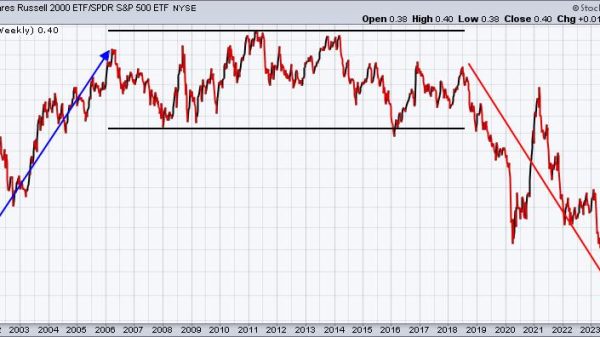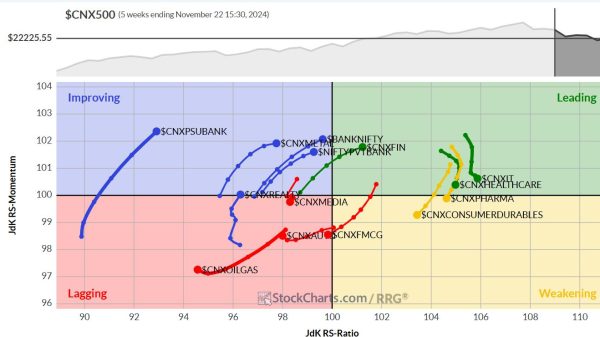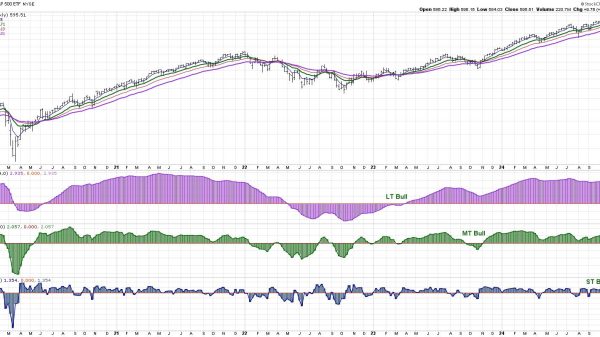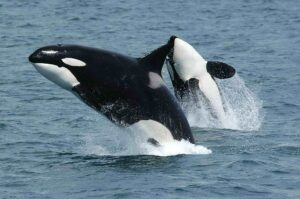WASHINGTON — Menopause is a rare trait among Earth’s species, known to exist in only a few. Humans are one. Killer whales and four other toothed whales are the others.
New research examines menopause in these whales, with findings that may help explain why this phenomenon evolved, given that it is known in just six of the 6,000-plus mammal species living today. It might be titled: the tale of the helpful grandma whale.
The scientists compared the lifespans of 32 toothed whale species. They found that in the five menopausal species — killer whales, false killer whales, beluga whales, narwhals and short-finned pilot whales — the females live about four decades longer than the females of non-menopausal species of similar size.
Other toothed whales such as sperm whales, as well as the filter-feeding baleen whales, including the blue whale, have not been found to experience menopause.
“This result gives a unique insight into how menopause has evolved. Menopausal species of whales have a similar reproductive period to non-menopausal species. It is the life after reproduction that differs,” said Sam Ellis, a lecturer in animal behavior at the University of Exeter in England and lead author of the study published on Wednesday in the journal Nature.
“Evolution has selected for a longer female lifespan so that mothers and grandmothers can continue to provide support to their family well after reproduction,” he said of these whale species. “We see just the same patterns in human societies where women have a similar reproductive period to our closest primate relatives but have a much longer total lifespan.”
An extended lifespan increases the opportunities for female whales to help their children and grandchildren without increasing the amount of time they are reproducing at the same time as — and in competition with — their daughters.
“When mothers and daughters in the same group try to reproduce at the same time, there is the potential for conflict over resources because they both want to prioritize resources for their own offspring. This would be exacerbated if females reproduced for a longer time. By stopping reproducing, females minimize this conflict,” said study co-author Darren Croft, a behavioral ecologist at the University of Exeter and executive director of the Center for Whale Research in Washington state.
Studies of killer whales living in the Pacific off the US West Coast show that females stop reproducing at around age 40, but often live into their 60s and even their 80s. Male killer whales typically die before age 40.
These studies have shown that grandma killer whales help their daughters and grandchildren by providing food, protection and, in a manner of speaking, wisdom.
“We have found that offspring with a living post-reproductive grandmother have better survival that those without a living grandmother,” Sam Ellis said. “Other research points at a mechanism. In years when resources are scarce, older females lead their group — suggesting a role of ecological knowledge allowing them to lead their group/family to resources.”
These older females also catch fish and bite them in half to share food with family members, behavior much less common in younger females and almost nonexistent in males, Ellis said.
Menopause evolved independently in humans and whales, the researchers said, with the last common ancestor between them living about 90 million years ago.
“From an evolutionary perspective, life after reproduction is difficult to explain. For the majority of species, evolution favors females to reproduce until the end of their life to maximize the transmission of their genes to future generations,” Mr. Croft said.
“So why then has menopause evolved in humans and toothed whales? This new analysis shows that menopause has evolved by females lengthening their total lifespan while not simultaneously evolving a longer reproductive period,” Mr. Croft added.
Menopause is uncommon in the animal kingdom and requires an unusual set of conditions to arise, Mr. Croft said.
“The key to this is the opportunity to help closely related kin in late life at the cost of late-life reproduction,” Mr. Croft added. — Reuters























